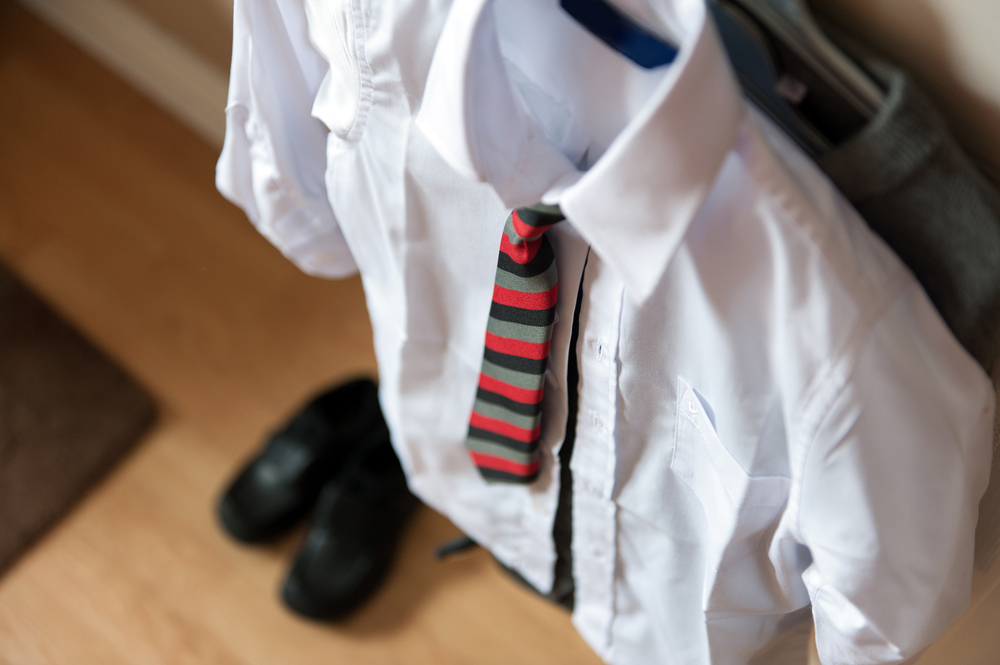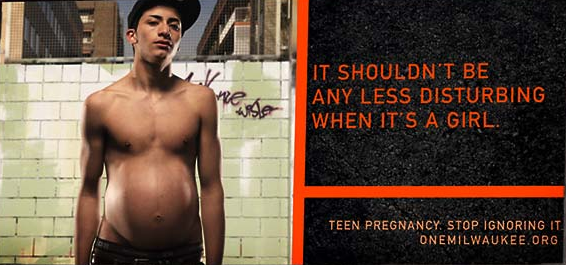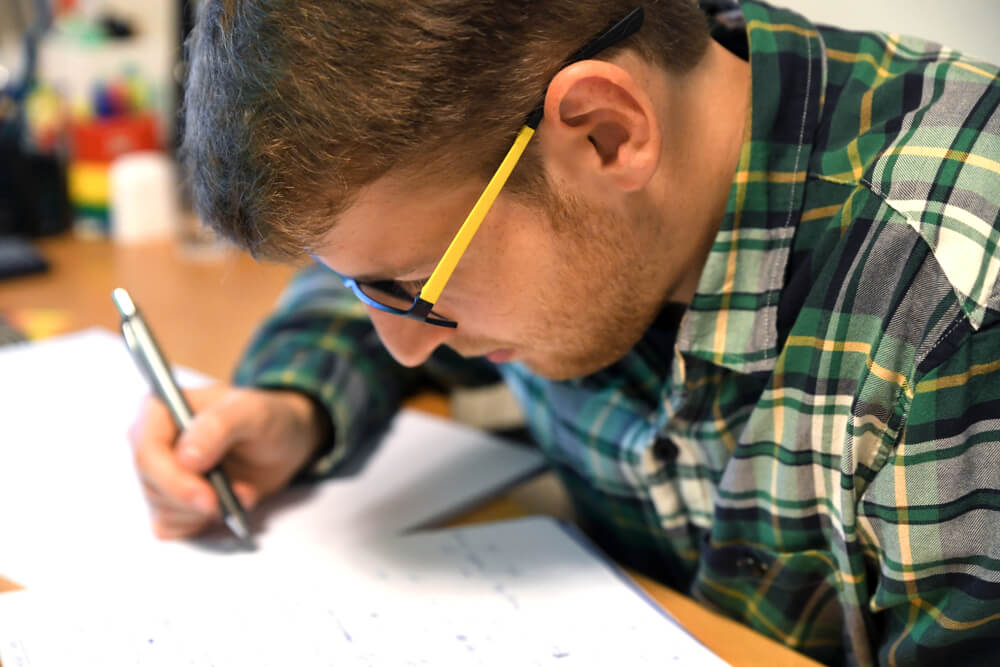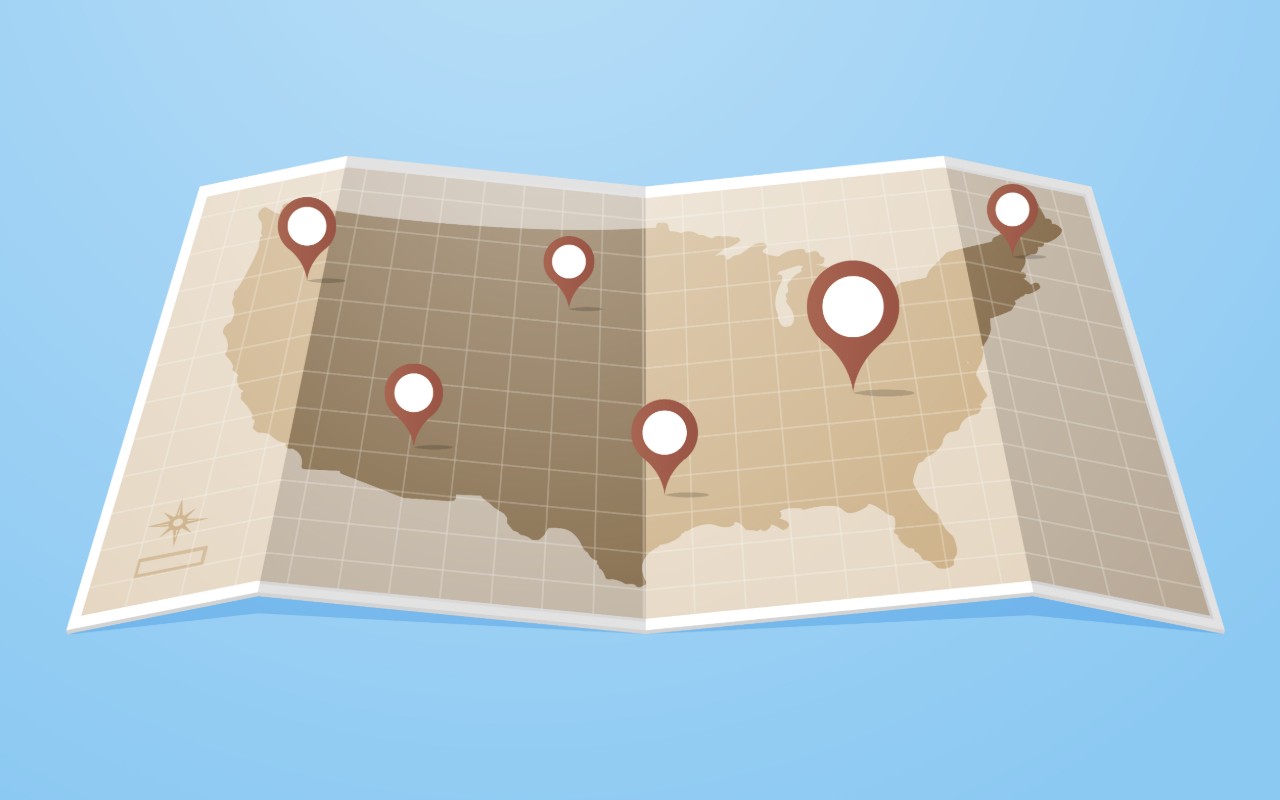A practical therapeutic approach, cognitive behavioral therapy, examines how the environment and preconceptions influence our thoughts, feelings, and behaviors.
Cognitive behavioral therapy (CBT) aims to teach people how to identify irrational thought processes that result in undesirable or poor performance outcomes. CBT helps replace those irrational thoughts with new, rational ideas and behaviors that lead to better outcomes.
The CBT therapist supports a person’s development by empowering them with lasting strategies to control their life problems through skill training and behavior modification.
Using CBT-specific treatment interventions in therapy promotes your teen’s emotional and mental development. Common approaches include decision-making, techniques for relaxation, behavior modification, and skill training, refocusing.
What issues can be treated in teens by CBT?
Many mental health conditions are treated using cognitive behavioral therapy. Studies indicate CBT is highly effective for teenagers.
CBT can be used to treat a variety of common problems affecting teenagers, such as:
- Sleep disorders and insomnia
- Panic and anxiety attacks
- Compulsive behavior
- Depression
- ADHD
- Issues related to mental health
- Self-esteem issues
- Social phobias
How Effective Is CBT for Teens?
CBT’s core tenet is that thoughts influence emotions, which affect behavior. According to this reasoning, enabling negative thoughts to flourish results in challenging emotions and ultimately damaging behavior.
On the other side, optimistic thinking produces optimistic feelings, producing positive behaviors. As a result, the objective of cognitive behavioral therapy for teens is to assist them in changing their thoughts, emotions, and actions.
For example, let’s say your teen texts a friend, and they don’t immediately respond. The typical reaction of a teen is to imagine the worst, consider all the possible ways they could have offended the other person, and then start to worry and catastrophize: “Everyone will hate me forever!”
CBT techniques teach your teen to take their time and consider the matter logically. Perhaps their buddy is not using their phone or is engaged in something else. Even if there has been a miscommunication, it can usually be resolved.
Teenagers gradually learn not to expect the worst with CBT techniques in their toolkits.
Short-Term Benefits Of CBT for Teens
- CBT for teens encourages them to take responsibility for their actions, which holds them accountable.
- CBT is renowned for its speedy outcomes. Psychologists and therapists use CBT to address a variety of mental health issues.
- Teen CBT sessions are very involved and engaging. Clients remain interested and engaged during sessions as they master CBT techniques.
Long-Term Benefits Of CBT On Teens
While outcomes can vary, CBT for teenagers has a long-term high success rate in raising emotional intelligence and self-awareness. Additionally, teens who receive effective CBT treatments can use these techniques throughout their lives.
CBT therapies for teens can help to:
- Find Healthy methods to deal with stress
- Become more adept at handling social situations and interactions.
- Reduce harmful and destructive habits
- Change negative thought habits to positive ones
- Reduce phobias and anxiety.
- Show more kindness
How can parents support their teen kids undergoing CBT?
Parents can aid their teenagers who are receiving CBT by doing the following.
Parents can encourage teens to complete their CBT “homework.”
One of the most important things parents should do is support their children in maintaining their attention on completing tasks between sessions.
Teenagers may require encouragement to practice the skills they are learning in class or reminders to finish their homework during sessions.
Parents can deal with communication issues at home
It’s beneficial for parents to understand that negative mental patterns might develop due to how they interact with and correct their kids.
As teens struggle to alter their thought patterns, developing healthy communication techniques throughout the entire family can be a tremendous assistance.
CBT Techniques & Tools for Teens
Although the process may differ depending on age, children, and teenagers can benefit from cognitive behavioral tools and approaches used with adults. Here are some CBT methods and resources for teenagers.
Goal Setting
Teenagers should develop specific, measurable, attainable, realistic, and time-specific objectives. We call these “SMART” goals. Age- and maturity-appropriate objectives should be set, and SMART goals spelled out.
Cognitive Challenging/Restructuring
Recognizing irrational thoughts and swapping them out with sensible ones to break one’s negative mental habits. Age can affect the patient’s comprehension, but qualified therapists will modify this strategy to meet their patients ‘ needs and intelligence capacity.
Relaxation Techniques
Includes deep breathing and relaxation techniques. These can be made simple for your teens and helps educate them to control their physical and mental reactions to stress.
Skills Training
Involves imparting age-appropriate knowledge of abilities, including managing time, interpersonal skills, organization, and changes to one’s way of living.
The Takeaway
Teen CBT is a highly successful therapeutic strategy for various mental health disorders. Studies have shown that it is just as beneficial as drug therapy for anxiety disorders and depression.
Starting treatment can be highly challenging, and it may sometimes feel like additional work. However, once you establish a rapport with the therapist, attending appointments can be a stress reliever. They might even start to make you eager to see them!
“Help Your Teen Now” assists teenagers and their families transition from struggling to flourishing by helping you find the proper support and help you and your teen need.











0 Comments